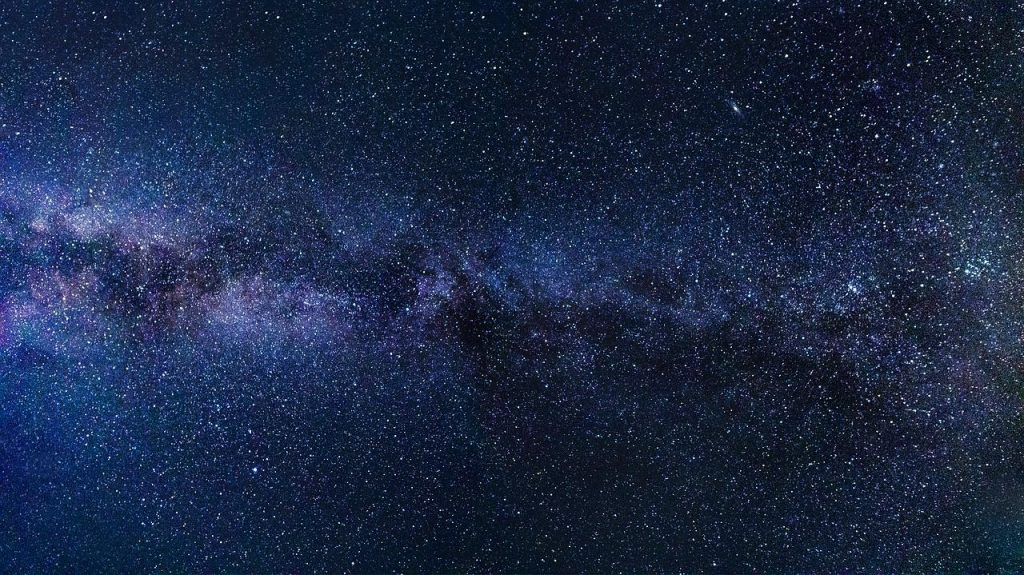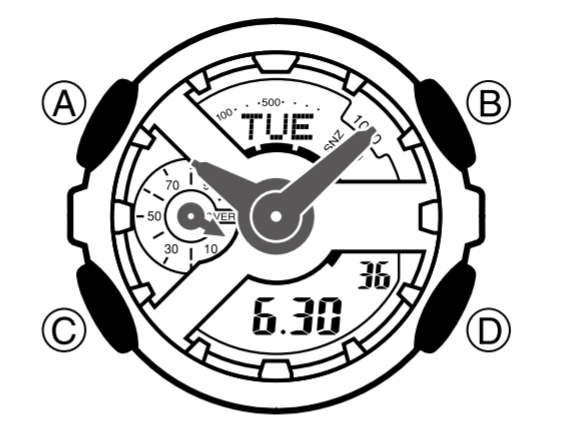NASA Reveals Whether Or Not Aliens Exist
Although NASA believes Alien life exists in space, no concrete evidence has been found.

NASA’s search for intelligent life on other planets is ongoing. And while it hasn’t discovered anything concrete yet, Astro Biologist Lindsay Hays remains hopeful. As part of the space agency’s Life in the Universe series, she explained that the existence of aliens shouldn’t be ruled out. “Our definition of habitable environments continues to expand. Off the Earth we’ve only begun to look,” she said.
To date, NASA has sent five rovers and four landers to the surface of Mars. Orbiters have also been outfitted with some amazing cameras to take pictures of the entire surface of the Red Planet. “But we’ve only explored a tiny fraction. And that’s only one of the promising bodies to look for life in our solar system,” Hays continued.
The outer solar system also contains surfaces that appear to be habitable. This includes Saturn’s moon Enceladus and Jupiter’s moon Europa. Over the years, NASA has learned that they may have subsurface oceans that could support the existence of aliens. There are also exoplanets away from our solar system which may contain different habitable environments.
“We can’t yet say for sure whether or not aliens exist,” Hays added. “To quote Carl Sagan, the universe is a pretty big place. If it’s just us, it seems like an awful waste of space.” So NASA will keep looking. As the search for aliens continues, imminent discoveries will probably consist of microbial life as opposed to the humanoids depicted on television and in films.
According to the Drake Equation, the statistical chance of NASA finding intelligent aliens is pretty decent. That’s largely due to the vastness of our galaxy and the enormous distance between planets. Emeritus Professor of Space Sciences at the UK Open University, John Zarnecki remains optimistic. “Finding life is always going to be highly unlikely until the day we do it,” he said via BBC Future.
Like NASA, Zarnecki also thinks exoplanets may be the key to discovering aliens. “As a young researcher, it was a topic we talked about and we all suspected exoplanets were out there,” he told the publication. But at that time there was no way to find one because it was far too difficult. These days the existence of these planets has been confirmed. And those that contain water are strong candidates for life.
But how would humanity react if NASA was able to establish contact? Especially since intelligent species will probably be very different from our own. In pop culture, aliens are often portrayed as second-class citizens or less-than-human enemies. If it weren’t for the intervention of ET’s human friend, the titular space traveler would have been dissected in an operating room.
A clue for how NASA might treat aliens lies in the rights people afforded non-human species on our planet. Although many countries now recognize animals as sentient, it’s only recently that animal rights groups have made legal progress in affording “rights” to animals based on their ability to experience comfort or distress.
As such, ethicists are already considering how the rights of aliens would fit into our legal and ethical frameworks. But there’s been little international discussion around the issue with NASA or the United Nations General Assembly.











